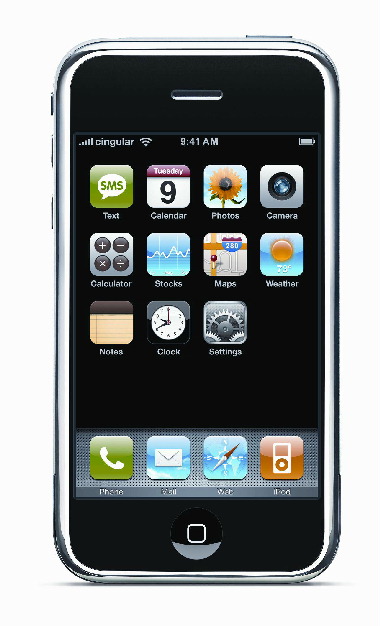Apple vs. Google in open source mobility


In this corner we have Google, the challenger, with its open source hardware specification for a mobile platform.
And in this corner we have Apple, the champion, with real hardware, and a software development kit, but an iffy record in supporting open source.
Who will win? Will either?
Google, and its partners, need to get their orders into China or, preferably, Taiwan (the turnaround is faster there) right now. Only upon delivery can the competition really start.
What history tells me is to bet on Google. In many ways it is replicating the strategy Microsoft used over 20 years ago to take the PC market from Apple's Macintosh.
This was not due to some genius on Bill Gates' part, as some Microsoft acolytes may claim. It was due to the fact he let anyone sell DOS, and promised everyone they would get Windows, while Apple kept its secrets proprietary.
I was younger then, and time moved more slowly for me, so I remember it well. Comdexes came and went, Apple's coterie of fans grew as fast as Apple could make Macs and they could find cash to buy them, while Microsoft spread promises.
I was there when Microsoft finally delivered Windows 1.0, at a 1986 Comdex roast hosted by John Dvorak himself. Gates hand-signed a copy for me. I keep it on a shelf here at home.
But that software did not do the job, and neither did its successor. It was not until several years later, with Windows 3.0, that Microsoft finally had something that met some of its promises.
Yet despite being behind by over a half-decade, Microsoft kept its market share. Why? Because it had what might later be called an open source strategy. It let anyone license its software, on easy terms, and everyone did. While Apple kept its Macintosh technology strictly proprietary.
There are indications, with the release of the SDK, that Steve Jobs may have learned this lesson. Besides, China can now supply whatever quantities of iPhones the market demands, and cheap. He doesn't have to make them all himself. He doesn't really have to charge a premium price for them.
So will Google Microsoft Apple, or will Apple bite back?[poll id=62]